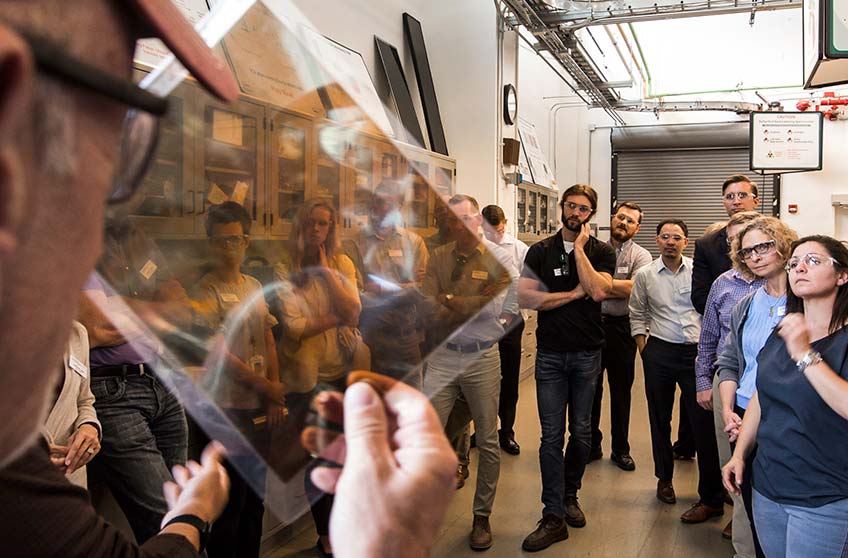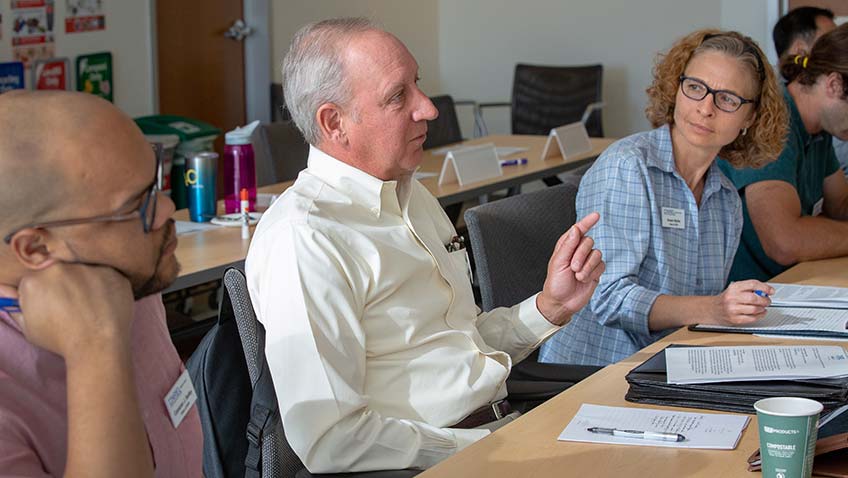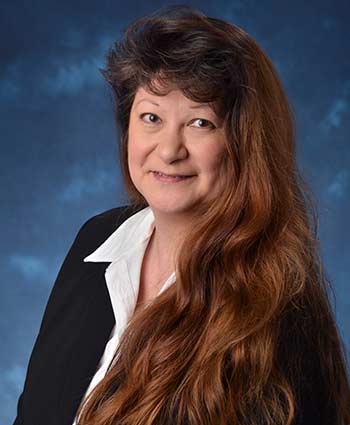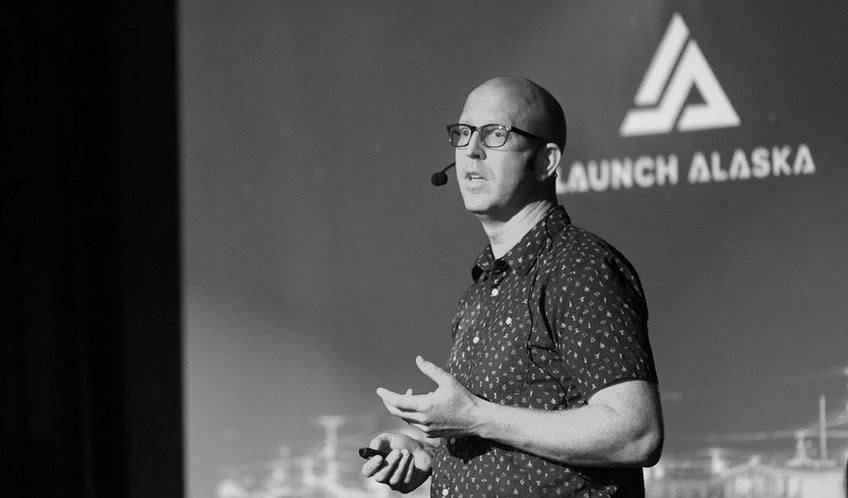Energy Executive Leadership Academy Provides Tools to Transform Energy

Every summer, 20 executives—ranging from business leaders to energy managers to elected officials from municipalities across the country—gather at the U.S. Department of Energy's National Renewable Energy Laboratory (NREL) to learn about advanced energy technologies. NREL has hosted the Energy Executive Leadership Academy (Energy Execs) since 2007, providing information that will help participants guide their organizations in energy-related decisions.
"As a national laboratory, we have an opportunity to inform today's leaders about the ground-breaking research happening at NREL," said NREL Stakeholder Relations Lead Heather Lammers. "Our goal is for individuals to take what they've learned, apply it to their current role, and provide a benefit to their organization or community."
The four-month leadership program gives executives an in-depth look at a variety of advanced energy technologies, including solar and wind power, biofuels and transportation, and energy-efficient buildings. Participants benefit from first-hand briefings from NREL technology experts, as well as visits to research laboratories and energy technologies in the field. During the final month of the program, participants demonstrate what they've learned by presenting a viable project involving advanced energy or energy efficiency.
Before Former Colorado Governor John Hickenlooper appointed John Gavan as commissioner for the state's public utility commission (PUC), Gavan served on the board of directors for the Delta-Montrose Electric Association. He participated in Energy Execs to gain a better understanding of renewable technologies, as the local co-op utility had plans to develop additional renewable-energy projects at its resource-rich location on Colorado's Western Slope.

John Gavan, commissioner of the Colorado PUC, engages in discussion with fellow program participants. Energy Execs have the opportunity to take a first-hand look at NREL’s research. Photo by Amy Glickson/NREL
"The Energy Execs program allowed me to not only learn about renewable technologies, but also other factors surrounding renewable energy such as purchasing and economic impact," Gavan said.
Reflecting on the program, he added that the opportunity to be at NREL and pose questions directly to researchers about their areas of expertise allowed him to gain a better understanding of how the technologies go from idea to market.
"The enthusiasm the researchers show about their work is game-changing," he said. "Energy Execs is such a unique program because it covers such a range of topics. I think every commissioner should go through the program."
Energy Management at CU
Energy Execs helped Ellen Edwards—energy manager at the University of Colorado, Boulder (CU)—create a network of renewable-energy colleagues across the country.

Ellen Edwards, energy manger at CU, helps ensure energy use on campus is as efficient as possible. Through the Energy Execs program, Edwards was able to expand her energy network to help address today’s energy needs. Photo courtesy of Ellen Edwards/CU
"Having the opportunity to talk to world-class scientists and network with others in the industry was an invaluable experience," she said. "The program exposed me to multiple renewable technologies and opportunities to apply them in my job."
For Edwards, working as energy manager for such a large university presents multiple challenges. In her role, she wears multiple hats ranging from improving building energy efficiency to helping diversify CU's energy portfolio.
As part of her final Energy Execs project, Edwards created a plan for a 20-megawatt solar development on an unused area of the CU campus—and an actual project based on that plan is now in its early stages at CU. The first phase of the project, starting this spring, will include a 303-kilowatt installation to help the campus reduce its overall carbon emissions.
And the connections Edwards made through Energy Execs are still coming in handy. "When I have a question, I just pick up the phone and call someone I met in the program who might be facing the same challenge," she said. "The program allowed me to build a network in the industry and learn from others."
Energy Execs Beyond Colorado
The knowledge gained through Energy Execs has even altered the course of participants' careers. Isaac Vanderburg, who was serving as executive director of the Alaska Small Business Development Center when he participated in the program, was able to take the knowledge he gained and transition to a role that more closely aligned with his personal and professional goals. He has since joined Launch Alaska—a business accelerator that invests in scalable startups in food, water, transportation, and energy—as managing director.
"By participating in the Energy Execs program, I was able to become more familiar with the national lab system, which underlies our national strength in innovation and is completely necessary for the work we do," Vanderburg said. "Knowing what problems the national labs are tackling gives us a great window into the future of tech and helps us determine which companies to support."

Isaac Vanderburg, managing director of Launch Alaska, presents at the accelerator's 2018 Energize Summit. Vanderburg says the knowledge he gained in the Energy Execs program helps him in his current role. Photo courtesy of Isaac Vanderburg/Launch Alaska
At the end of the program, Vanderburg's project centered on a startup designed to help companies and communities with microgrid operation and maintenance (O&M). After returning home and transitioning to Launch Alaska, he learned there was already a startup called 60 Hertz working in the microgrid O&M space. Launch Alaska ended up investing in the startup, which continues to be bright star in the accelerator's portfolio.
"[Energy Execs] provides a great understanding of the relationship between lab and industry," Vanderburg said. "It opened my eyes to technology, business, and policy trends, and helps give us, a small accelerator, a window into different perspectives and what the future holds."
Energy Execs boasts more than 300 alumni who now have the tools to help transform the energy industry—and NREL is accepting applications for the next cohort through March 15. Learn more about the program on nrel.gov and email [email protected] with questions.
Last Updated May 28, 2025
